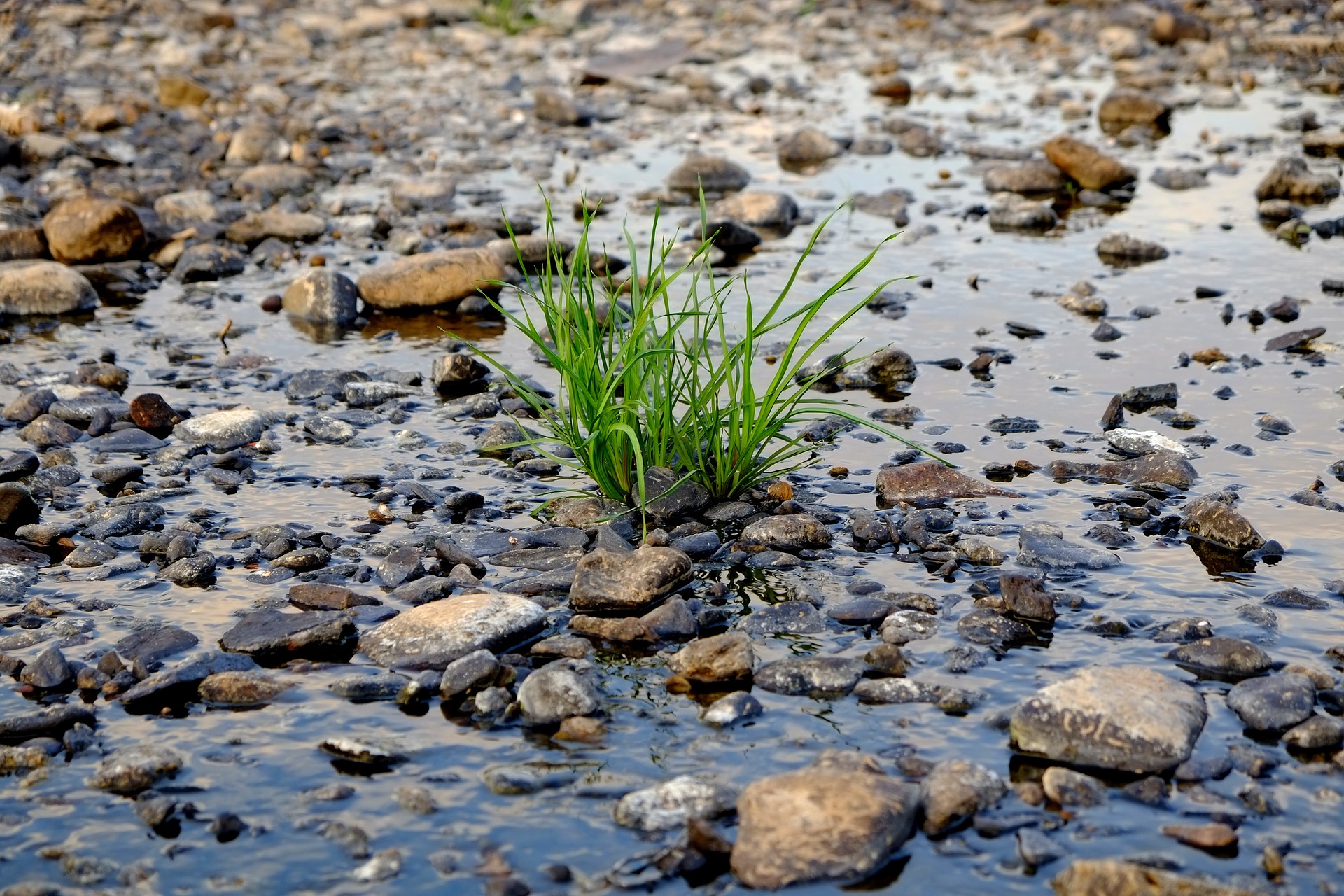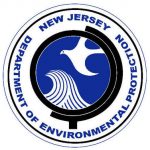
The New Jersey Department of Environmental Protection (NJDEP) recently announced that new interim specific ground water quality standards have been established for perfluorooctanoic acid (PFOA) and perfluorooctanesulfonic acid (PFOS), which are related to Teflon, fire proofing, certain firefighting materials, and other sources.
Overview
Effective as of March 13, 2019, the interim specific ground water quality stanard for both of these contaminants are 0.01 micrograms per liter (ug/L) or 10 parts per trillion (ppt).
These standards became effective upon posting to the “Table of Interim Specific Ground Water Quality Criteria (ISGWQC), Interim PQLs (IPQLs), and Interim Specific Ground Water Quality Standards (ISGWQS) for Constituents in Class II-A Ground Water” located on the Division of Water Monitoring and Standards website.
At minimum, the person responsible for conducting the remediation is required to determine whether there is the potential that PFOA and/or PFOS may have been manufactured, used, handled, stored, disposed or discharged at the site or area of concern (AOC). The NJDEP recommends that the information available in the Interstate Technology and Regulatory Council (ITRC) per- and polyfluoroalkyl substances (PFAS) technical documents be utilized as part of the evaluation. These documents can be found here.
If the scope of the remediation is for the entire site, then conducting an entire site preliminary assessment is required pursuant to the Technical Requirements for Site Remediation at N.J.A.C. 7:26E-3.1. However, if the scope is for one or more specific AOCs, then the Licensed Site Remediation Professional (LSRP) shall use his or her professional judgement to determine the necessary evaluation.
What Sites Do These Requirements Apply To?
- This requirement applies to all site remediation sites, including those sites subject to the May 7, 2014 statutory time frame to complete the remedial investigation, and for which the regulatory time frame to complete the remedial action is May 7, 2019.
- For sites that received an unrestricted use final remediation document prior to March 13, 2019, no further evaluation is required at this time.
- For sites that received a limited restricted use or restricted use final remediation document prior to March 13, 2019, the evaluation must be performed prior to and reported in the next biennial protectiveness certification.
The complete NJDEP implementation policy on the investigation of these compounds can be found here.
We Can Help
Whitman has several LSRPs on staff who have significant experience working with the NJDEP. This includes Ira Whitman, PhD, PE, LSRP, who serves on the New Jersey Site Remediation Professional Licensing Board as well as the Site Remediation Advisory Committee. If you have any questions about these deadlines, please contact Michael Metlitz, LSRP, Senior Vice President, below.
Contact
Michael Metlitz, LSRP
Senior Vice President
![]() mmetlitz@whitmanco.com
mmetlitz@whitmanco.com
![]() (732) 390-5858
(732) 390-5858
Posted on March 20, 2019






